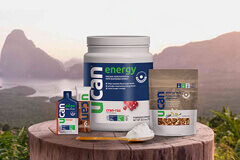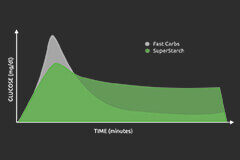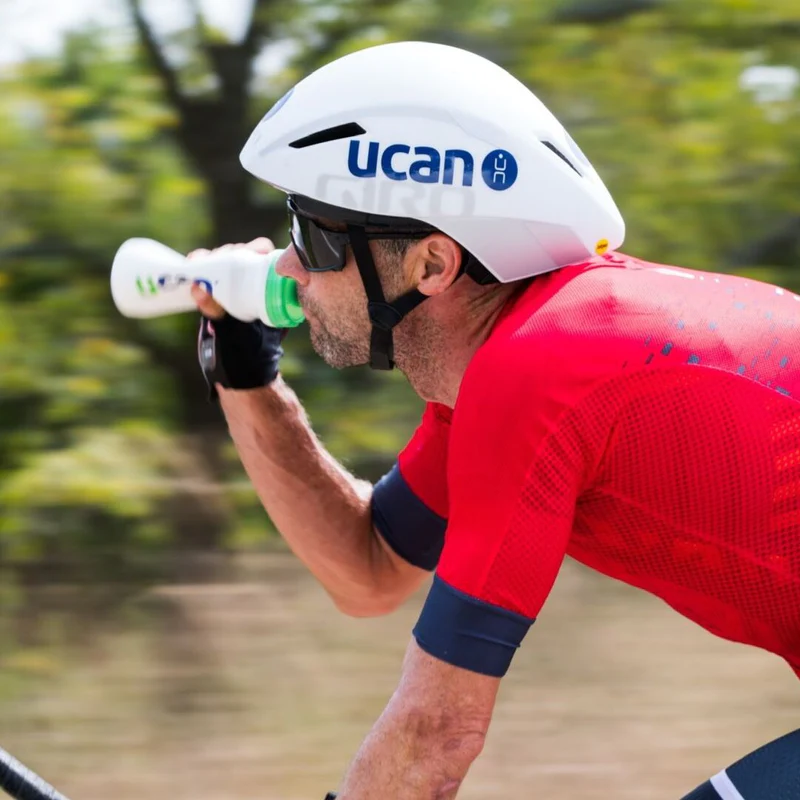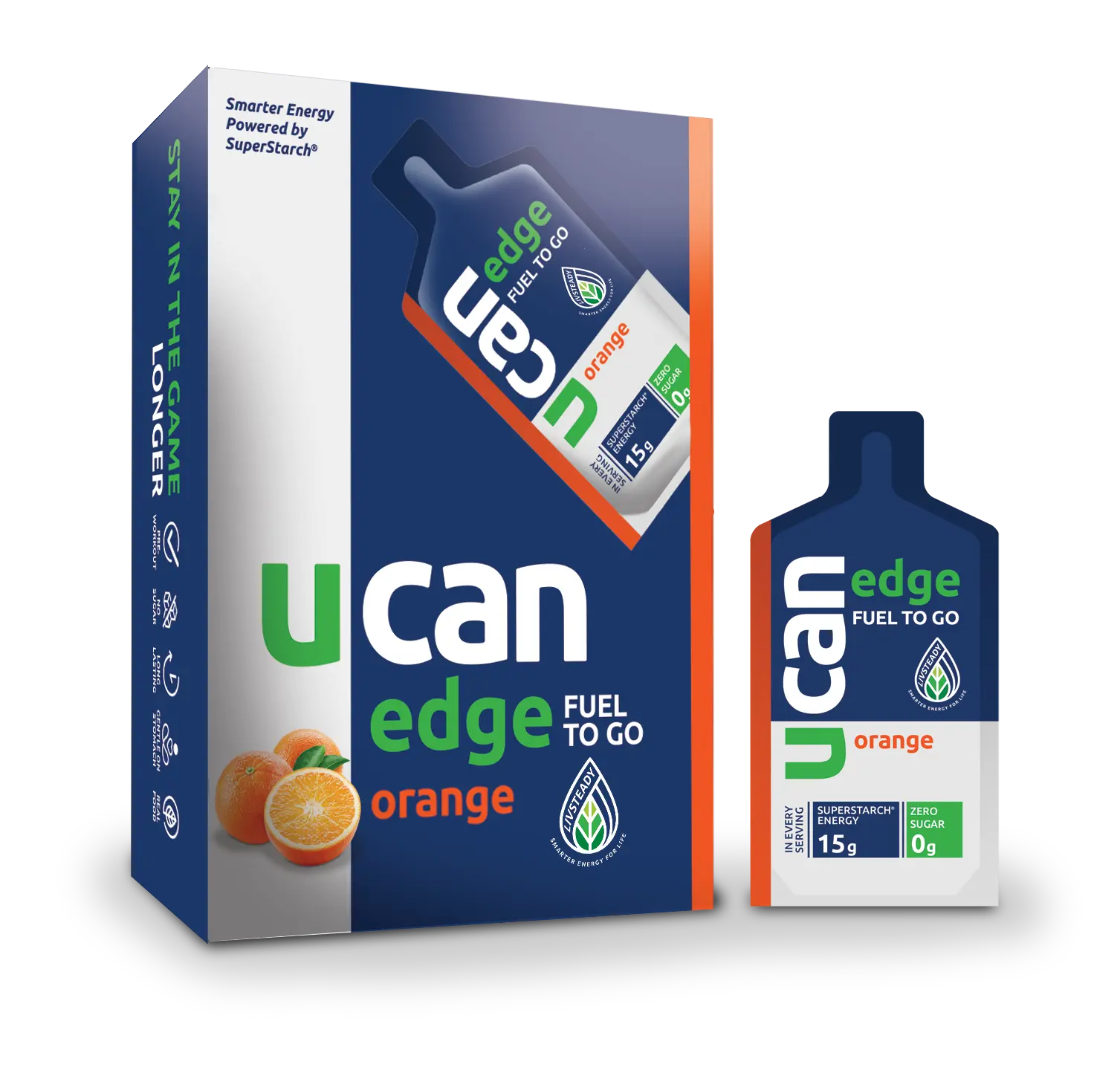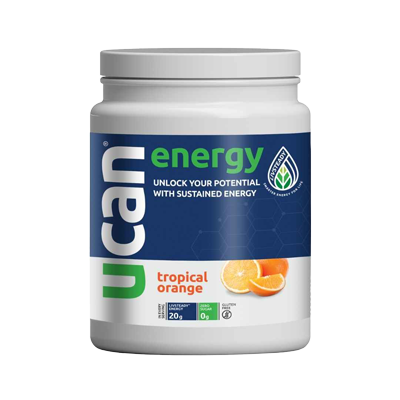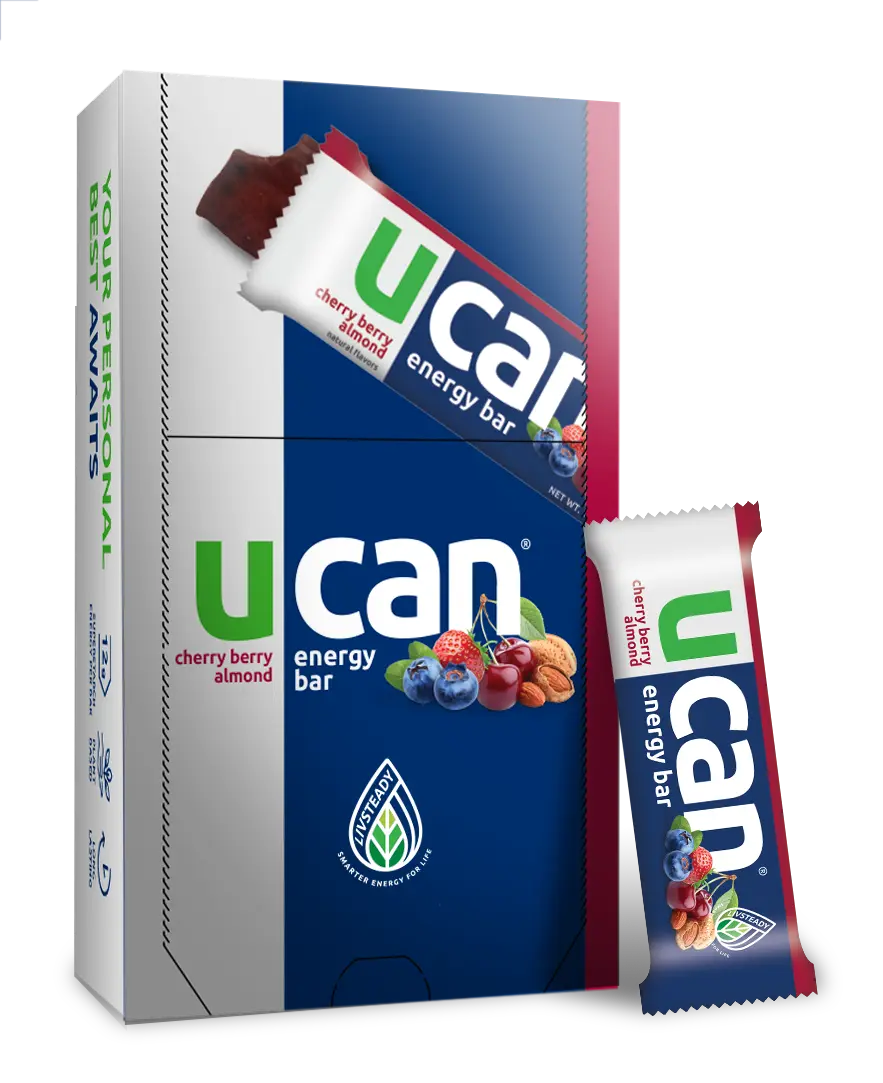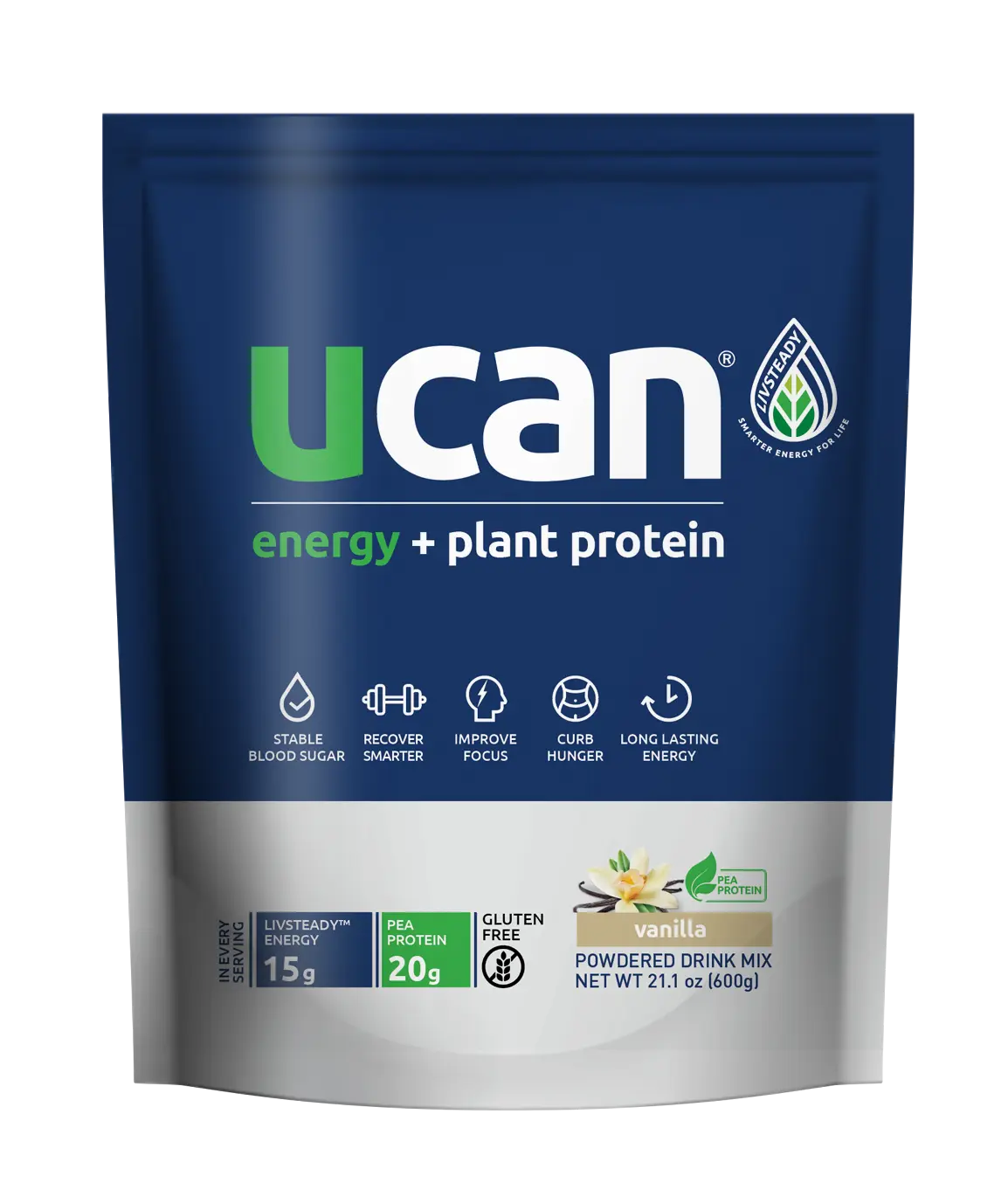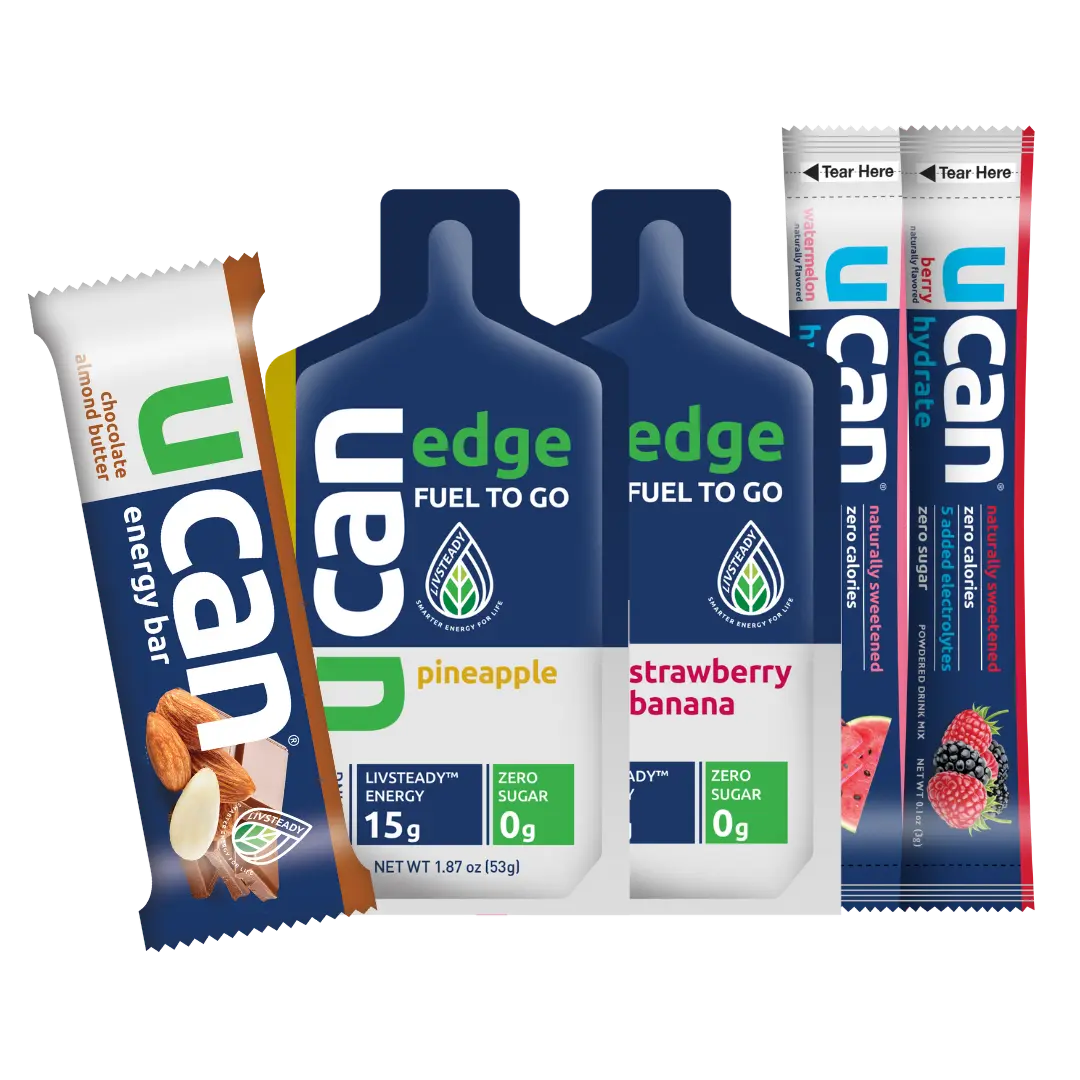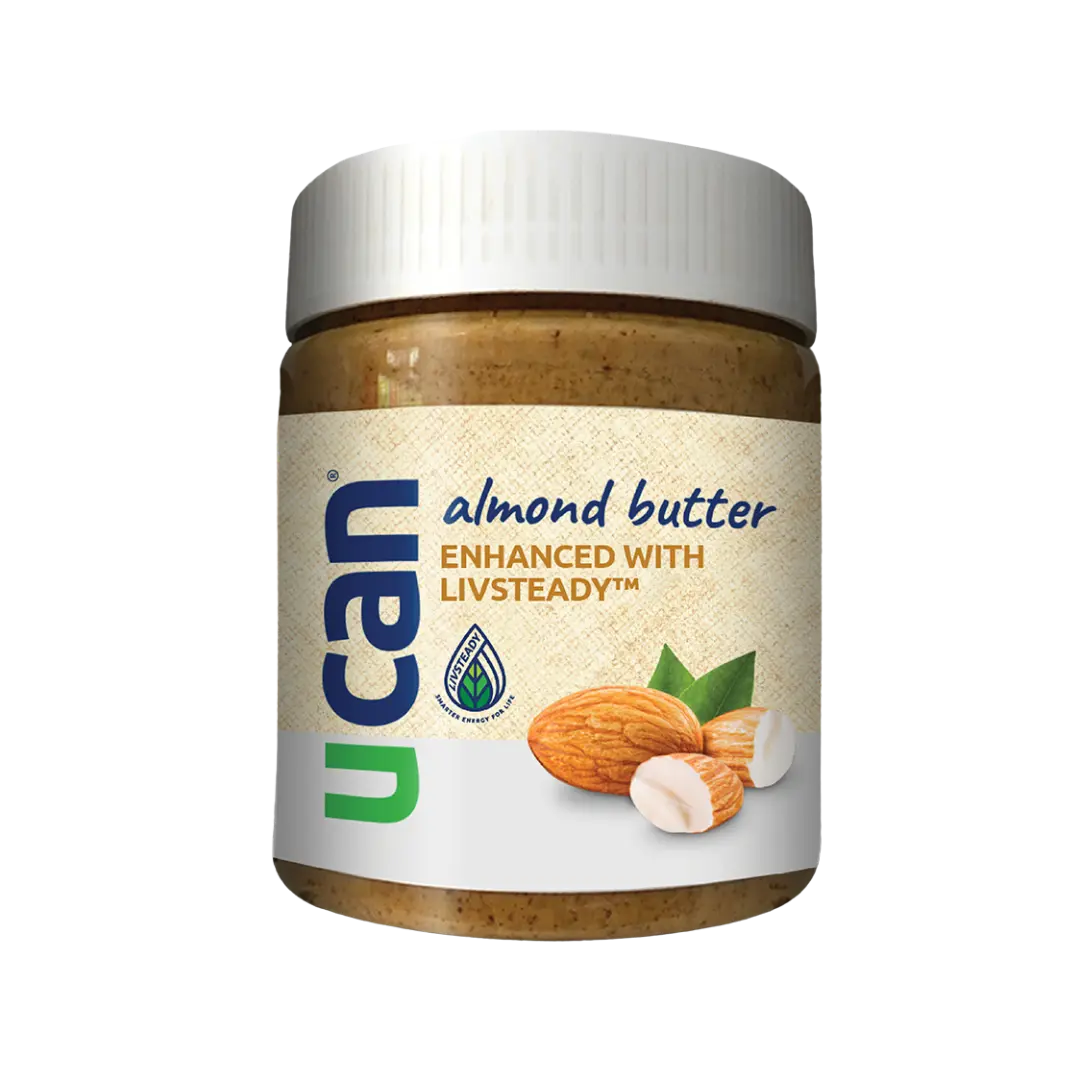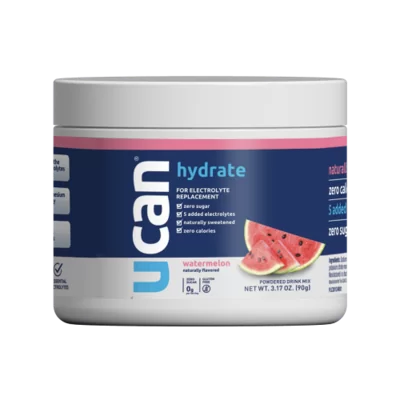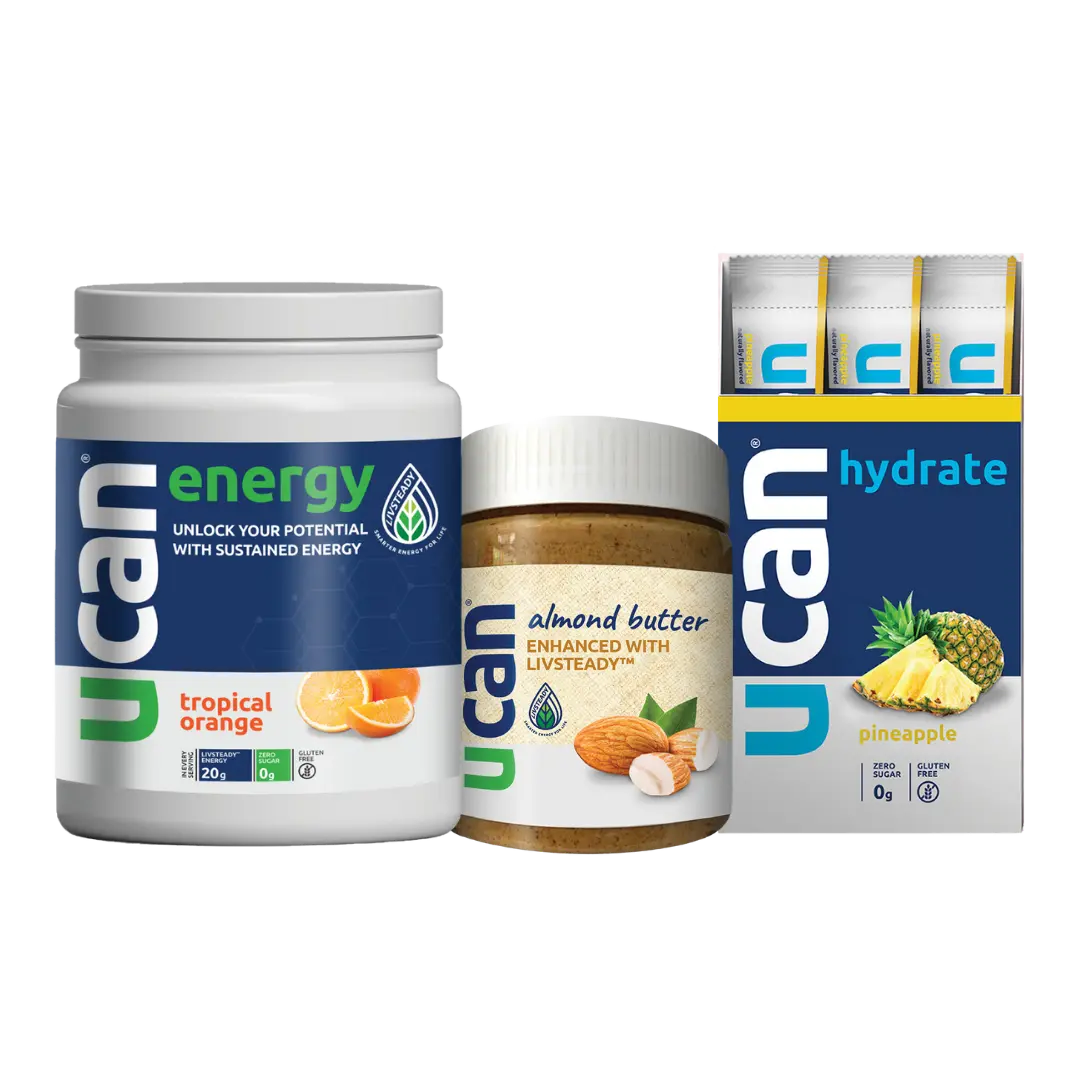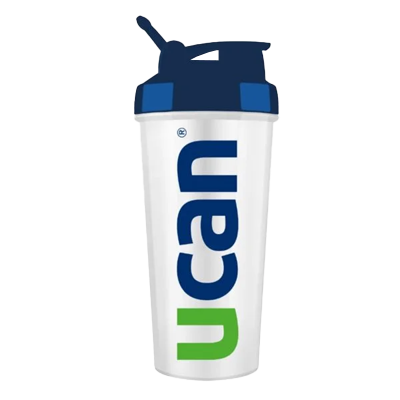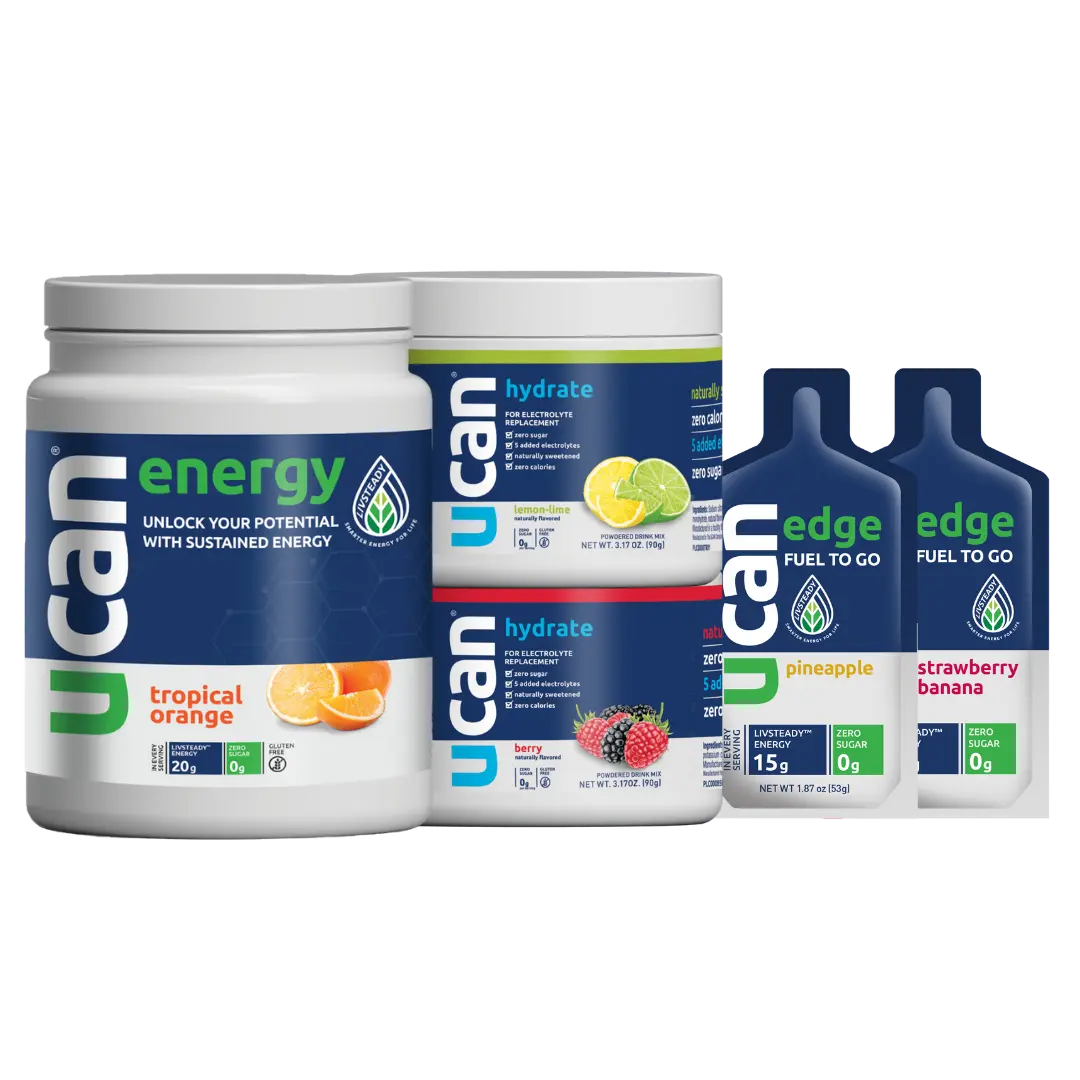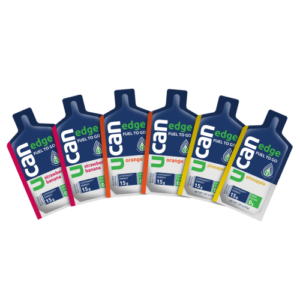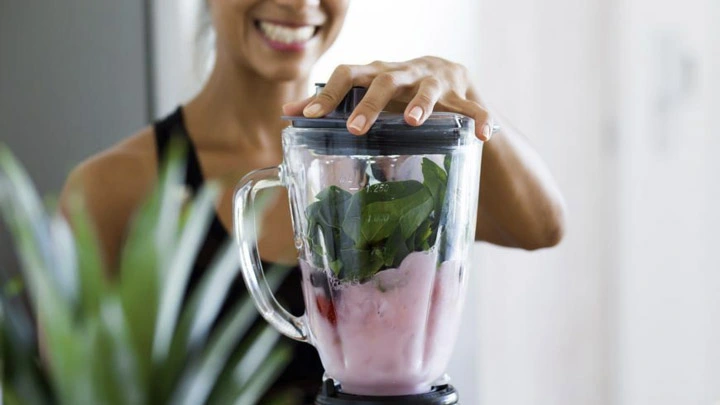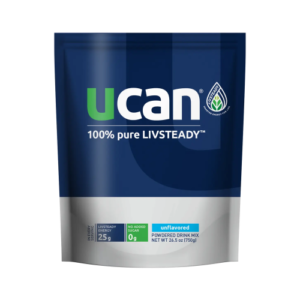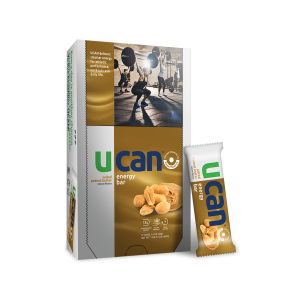THE IMPORTANCE OF NUTRITION FOR MENTAL FOCUS
Mental focus, or the capacity to concentrate, is essential whether you’re taking part in a sporting event, working out harder, or dealing with a difficult day at work. Your diet’s quality has a direct impact on how energetic your body and mind are. As a matter of fact, according to Bob Seebohar, a board-certified specialist in sports dietetics and a former sports nutritionist for Team USA at the Olympics, you’ll likely notice the mental consequences before the physical ones.
Your brain requires more energy than any other organ since it has a lot of nerve cells: Despite making up only around 2 percent of your total body weight, it uses about 20 percent of the body’s primary energy source, glucose. Here, we outline the key nutritional requirements for mental clarity as well as the top foods to eat to maintain your mental acuity.
HOW CARBOHYDRATES SUPPORT BRAIN FUNCTION
“The brain is like a gas tank of carbohydrates,” says Seebohar. After consuming carbohydrates, your body converts them into glucose, the brain’s main energy source. The brain reacts very quickly to changes in blood sugar. “Whenever blood sugar in the body goes up and down like a roller coaster, the same thing happens in the brain,” says Seebohar. “When you’re on the downward spiral, your focus starts to decrease.” By selecting foods that assist maintain the level of glucose in your blood as consistent as possible throughout the day, you can improve your mental performance, including your capacity for attention, memory, and learning.
HOW TO EAT TO MAINTAIN STABLE BLOOD SUGAR
HOW MIND-FULL NUTRITION NOURISHES THE BODY
Other studies have connected Type 2 diabetes sufferers’ elevated blood glucose levels to issues with focus, memory, and executive function. Your ability to think clearly at the time may not be the only thing that blood sugar increases affect. According to research, pre-diabetes and diabetes-related high blood sugar levels can affect cognitive function over time. According to a study published in the journal Diabetologia, those with high HBA1C levels—the average blood sugar level over the previous three months—had significantly higher rates of cognitive deterioration over the course of the following ten years.
HOW THE GUT AND BRAIN WORK TOGETHER
The gut-brain axis, through which our stomach and brain constantly communicate, has been linked in studies to better cognitive performance and a healthy balance of gut flora. Pick carbohydrates with a lot of fibre. They will nourish the gut and support the health of the microbiota, claims Seebohar. A high-sugar diet has also been linked to increased gut inflammation and bacterial imbalance, according to studies. Burns claims that consuming a lot of fermented foods might help reduce inflammation and enhance gut health. These foods include kimchi, cruciferous and green leafy vegetables, berries, nuts, seeds, and legumes.
YOUR MENU FOR MENTAL FOCUS
Only eat good carbs. Carbohydrates fuel your brain, but quality is important. Better than simple, fast-burning sweets and carbs, whole meals and high-fiber options can help you function at your physical and mental best.
Prioritise high-quality proteins and fats. Incorporate a range of wild-caught, cold-water fatty fish, such salmon, pastured chicken, eggs, coconut oil, ghee, chia seeds, olive oil, and walnuts into your diet. According to studies, fish’s omega-3 fatty acids may aid in memory preservation and perhaps guard against dementia.
Be picky at breakfast. Given that you used up a lot of your energy reserves the previous night, properly refuelling in the morning is crucial. Pick steel-cut, slow-cooked oats or whole-grain bread with nut butter instead of sugary muffins or simple carbs like cereal and bagels. UCAN Energy Mix and Energy + Protein are two other excellent breakfast choices that are designed to maintain blood sugar levels steadily for hours.
Plan for snacks. There is a cause for that mid-afternoon sweet tooth. After eating lunch, your blood sugar normally drops, which causes a decline in energy and concentration. Prepare for afternoon slumps by packing wholesome snacks that contain protein and healthy carbs, such whole-grain crackers and almond butter or a UCAN Energy Bar, rather than going for a quick fix like a candy bar.


